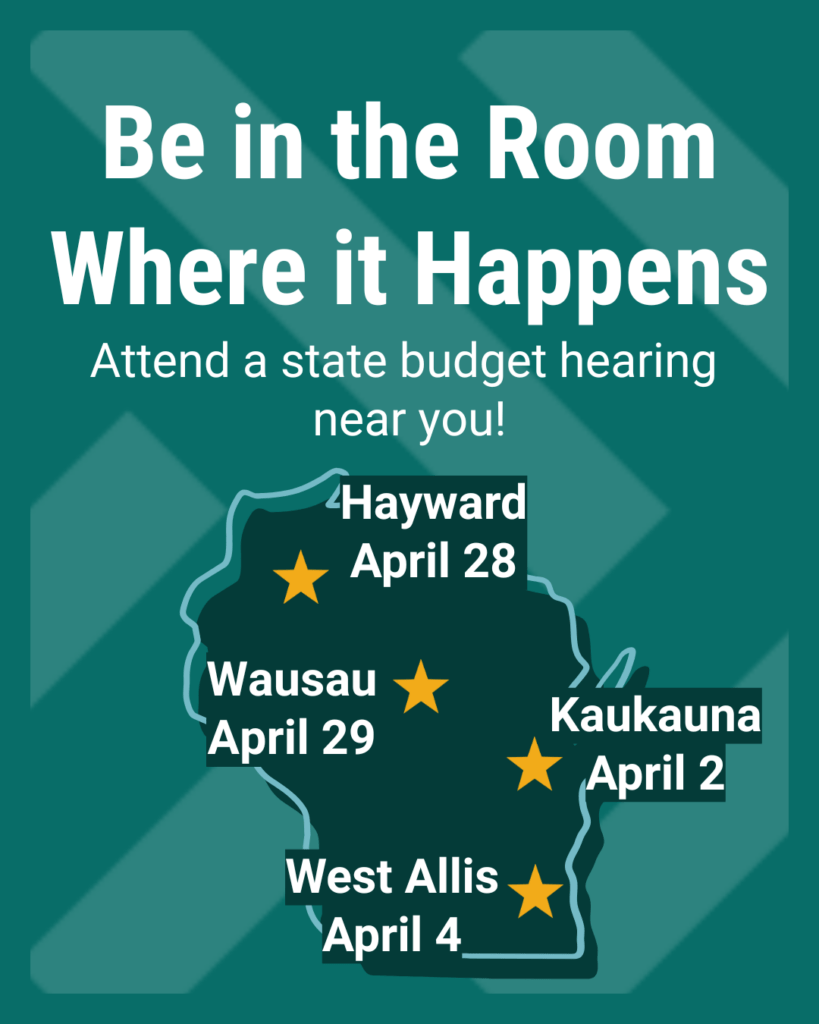I stumbled across a very interesting blog post Monday on the subject of redistricting in Wisconsin. Written by Peter Wagner of the Prison Policy Initiative (PPI), it examines the consequences of counting prisoners in the communities where they are incarcerated, rather than the communities that they come from. One potential effect that hadn’t occurred to me is that a community with a very large prison could have a city or county district that has no voters!
Redistricting isn’t a topic that WCCF has taken a position on this session, nor a topic about which I initially planned to blog – but I think there are a couple of interesting angles that merit more attention, including the potential for voter-less local districts. In addition, on the Wisconsin Budget Project blog I hope to take a look at the potential cost to local governments of rushing through a legislative plan that throws out and negates the progress local officials have been made in drawing new wards, which traditionally serve as the building blocks for creating new legislative districts. When prisoners represent a significant part of a legislative district, the result of the current system of counting them where they are incarcerated is that districts have uneven numbers of voters and the principle of “one person, one vote” is violated. The problem can be magnified many fold at the county or municipal level.
A few states, including Maryland, Delaware and New York, have passed laws that end prison-based gerrymandering by counting incarcerated people at home for state and local redistricting purposes A New York Times editorial last August hailed the New York law, noting that an end to prison-based gerrymandering would bring benefits to all, and calling for the new law to be emulated around the country.
Although the Wisconsin redistricting bill is being rushed through both houses of the Legislature this week (winning Senate approval on a party-line vote today), we will continue to follow this issue, especially as it relates to the options for local governments that are the homes to large prisons and jails.
Read more about how this issue affects our state in the Wisconsin fact sheet that PPI prepared last fall.
Jon Peacock



